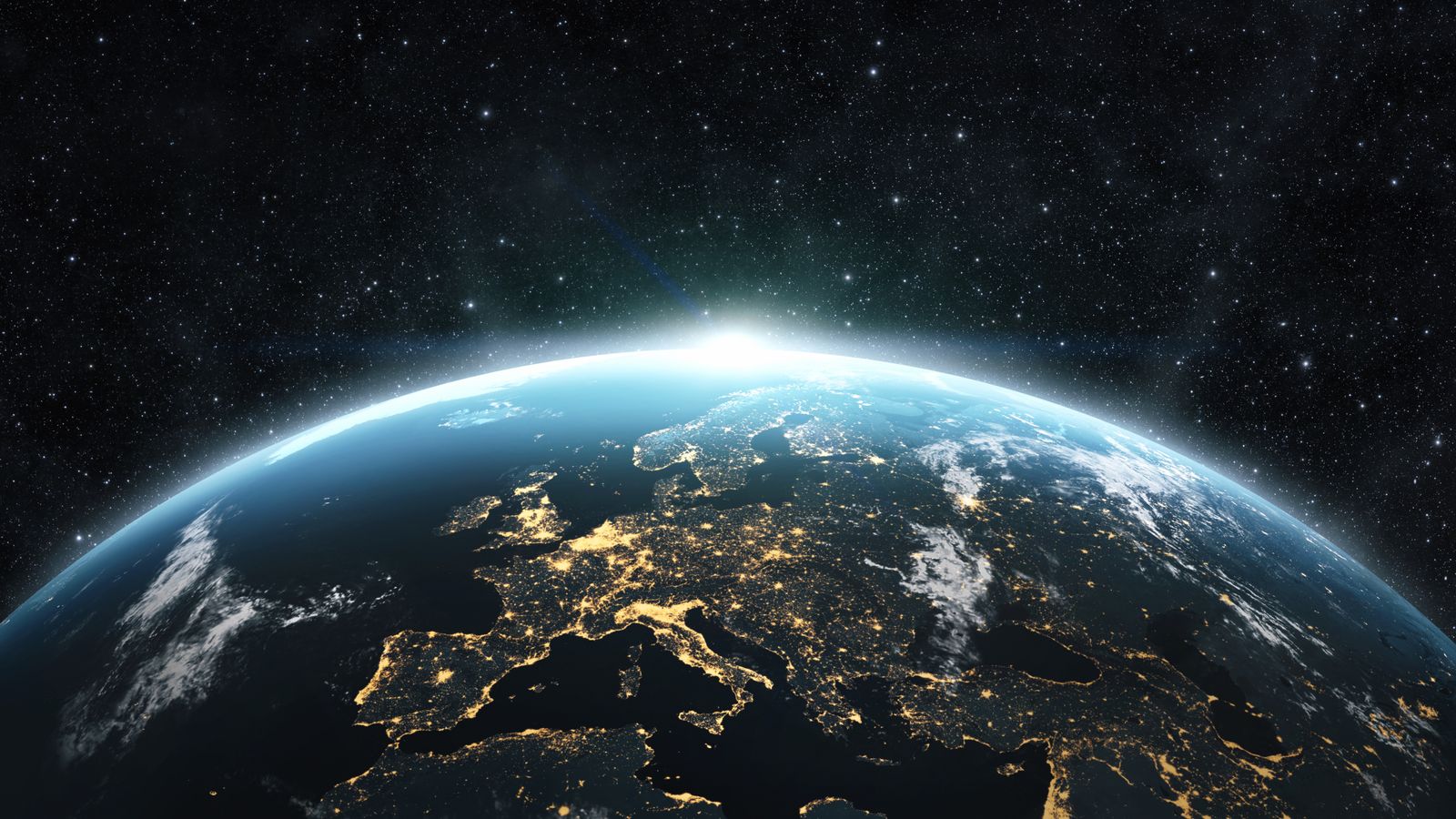We have not met alien life because intelligent societies tend to wipe themselves out, scientists have claimed – and the human race could be next.
A team based at NASA‘s Jet Propulsion Laboratory has used a previous theory called the Great Filter to explain their conclusions.
It states that many other civilisations have existed during the history of the universe, but they all wiped themselves out before they got a chance to make contact.
And the report – Avoiding The Great Filter: Extra-terrestrial Life And Humanity’s Future In The Universe – suggests the human race is going the same way.
“We postulate that an existential disaster may lay in wait as our society advances exponentially towards space exploration…” the report said.
“The Great Filter has the potential to eradicate life as we know it, especially as our rate of progress correlates directly to the severity of our fall.
“This indicates a necessary period of introspection, followed by appropriate refinements to properly approach our predicament, and addressing the challenges and methods in which we may be able to mitigate risk to mankind and the nearly nine million other species on Earth.”
Challenger shuttle fragment found almost 37 years after spacecraft destroyed on lift-off
NASA’s Mars spacecraft is on its last legs – here are some of its best moments
Smiling sunshine: NASA captures shots of coronal holes causing happy face on the sun
Read more:
‘Planet killer’ asteroid found hiding in sun’s glare
Evidence of ancient ocean on Mars raises the ‘potential for life’
The not-yet-peer-reviewed report – authored by Jonathan Jiang, Philip Rosen, Kelly Lu, Kristen Fahy, and Piotr Obacz – cited dangers including asteroid strikes, nuclear war, pandemics, climate change and artificial intelligence.
The Great Filter theory was first proposed in the late 1990s by Robin Hanson, an economist at George Mason University.
For more on science and technology, explore the future with Sky News at Big Ideas Live 2022.
Find out more and book tickets here








